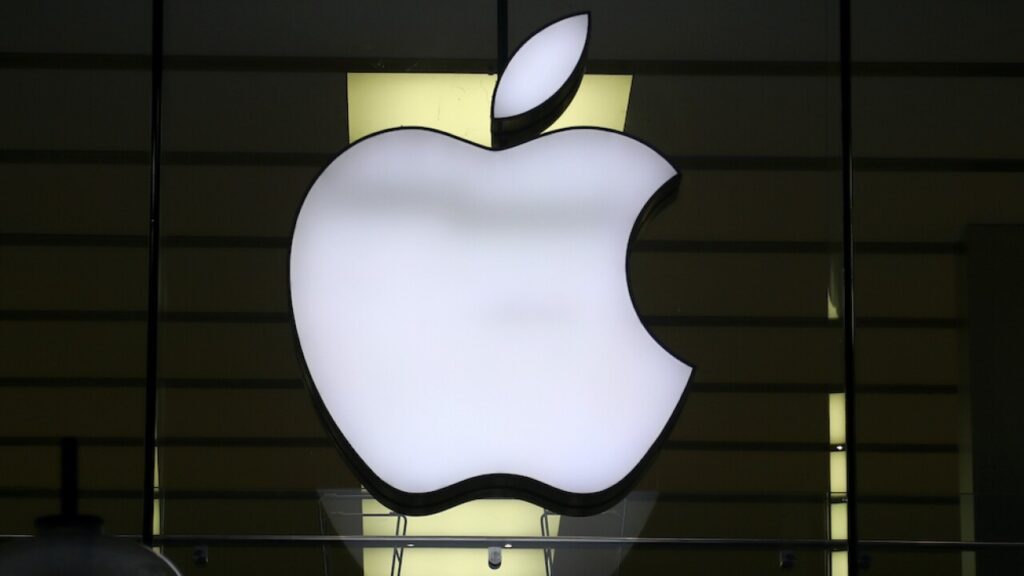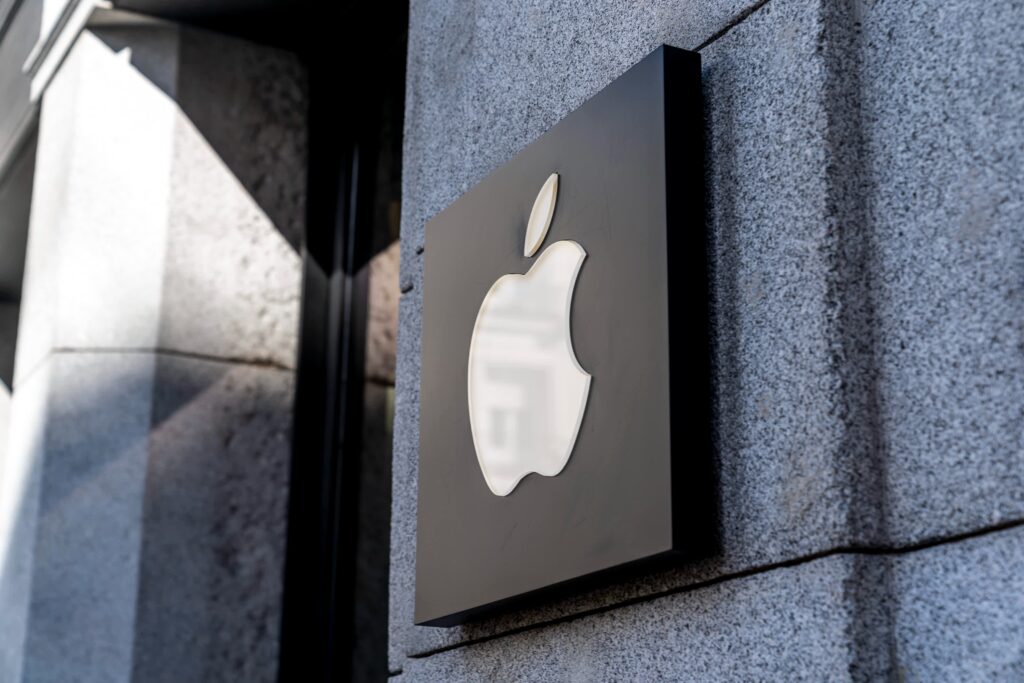Apple recently imposed stringent restrictions on European app developers uploading progressive web app additions into its iOS App Store ecosystem. Justifying this policy pivot as necessary compliance adapting to Europe’s wide-ranging Digital Markets Act technology sector regulations risks ringing hollow under deeper scrutiny.
Let’s unravel the complex, politically charged context surrounding this ongoing EU investigation into alleged anti-competitive practices and precedent abuses of gatekeeper power. Evaluating both sides, we’ll also analyze possible outcomes, impact on developer livelihoods and the far reaching ripples this probe could send through the global app economy.
The Digital Markets Act: Governing Big Tech in Europe
Central to understanding this unfolding regulatory clash sits Europe’s expansive Digital Markets Act (DMA) laws enacted to curtail anti-competitive behaviors by big technology firms like Apple and Google.
Two specific DMA clauses underpin the web app controversy:
- Prohibition on mandating developers leveraging proprietary developer tools or programming frameworks.
- Requirements allowing third-party app stores alongside incumbent offerings.
By accusing Apple of exploiting loopholes defying regulations spirit, simmering frustrations transformed into formal EU antitrust investigations.
Apple Defends Against Antitrust Allegations
Apple fiercely defends barring additional web app submissions as fully DMA compliant based on security and policy precedents:
- Cites longstanding App Store guidance preventing unsafe, outdated or depreciated app code.
- Highlights approvals granted for established web apps like Twitter fulfilling vetting processes.
- Suggests web technology intrinsically increases harmful code injection risks unlike tightly controlled native apps.
Additionally, Apple downplays anti-competitive motivations given negligible revenue generated from developers residing outside its payment systems.
Developers and Regulators Spot Ulterior Motives
However, skeptics including the European Commission allege surreptitious motivations punishing EU policymakers are the true calculating drivers:
- Web apps approval ceasing precisely tracks DMA finalization, despite no materially relevant security enhancements.
- Rules applied inconsistently with mainstream apps like Facebook and Spotify leveraging wide-reaching web code bases.
- Parallel US App Store treatment of web apps remains unaffected, undermining security claims.
Such blatant double standards and coincidental timing damages Apple’s credibility defending the surprise crackdown absent underlying regulation retaliation.

Examining the Outlook Across Potential Scenarios
Probable investigation outcomes span from minor handslaps to significant business model disruption:
- Nominal Fine: Slap on the wrist cautioning restraint on perceived exploitative regulation tactics.
- Forced Web App Policy Reversal: Compel reinstating approvals to technically qualified submissions without preferential treatment.
- App Store Structural Reform: Impose third party store tolerance to bypass gatekeeper power and tax abuses.
Irrespective the final judgement, Apple must balance visionary design with cooperative policymaking addressing intensifying scrutiny.
Prioritizing Developer Livelihoods and Consumer Choice
Beyond punitive measures, a pivotal opportunity exists rethinking app ecosystem fairness balancing innovation against inclusion so all groups prosper collaboratively.
Technologists, lawmakers and users collectively share in this responsibility demanding dignity for all advancing technology promise holds society together.











Add Comment